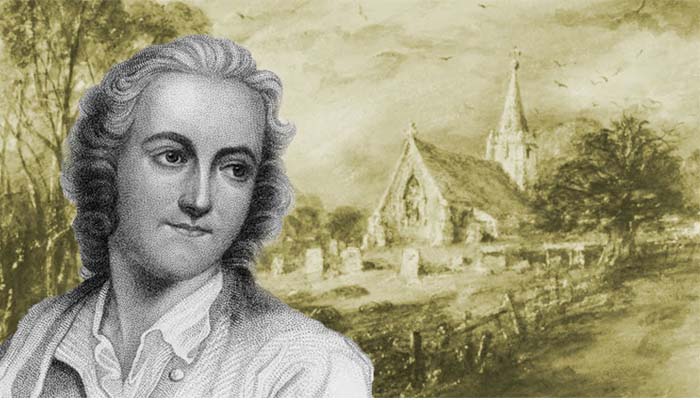
“Of Friendship Summary and Analysis by Francis Bacon “
Of Friendship, the essay was written by Francis Bacon(1561- 1626) and published in 1612. He came of an aristocratic family, being the son of Sir Nicholas Bacon, Lord Keeper of the Great Seal. His mother was the daughter of Sir Anthony Cooke and sister-in-law of Sir William Cecil.
Of Friendship Summary and Analysis
A man could express his feelings and emotions if he has a friend. Without a friend, he will have to keep these feelings and emotions suppressed. A favor is shown by a man in a higher position to a man of a lower position by treating him more on less as an equal. Bacon has given several examples of ancient emperors and rulers, who made friends with those below themselves in rank one status.
They made friends for their necessity, not because of their goodness of heart. If these men had been like the Roman emperor Trajan on Marcus Aurelius, who is known for their goodwill gesture, then we could have argued that their friendships were based on the goodness of nature only. But, the persons like Sulla, Julius Caesar, Augustus, and Tiberius, they also possessed wisdom and strength.
If they made any friendships the reason could be they were not happy without friends. Their lives would have been incomplete without friends. It is also noted that these men had their own families. They were actually not lonely. But their families and other relatives could not serve the purpose, that friends alone could serve. At that point, Bacon’s argument is that even rulers and emperors need friends whom Can gave some advice to them.
Read: Old Man and the Sea Summary
Of Friendship Summary and Analysis
There are two dangers of consulting different persons in different matters. One is that a man will not receive sincere advice. Generally, he who gives advice keeps some advantage of his own in view while giving it.
Only a perfectly reliable and sincere friend will give unselfish advice. The other danger is that the advice a man receives will be partly useful and partly harmful, the reason being that he who gives advice in a particular matter may not be thoroughly acquainted with the nature and mind of the person who is to make use of that advice.
It is like a physician prescribing medicine for a patient with whose constitution the physician has not been able to make himself familiar by a long association. In such a case, the physician may cure the particular disease from which the patient is suffering but may unknowingly cause some other disease that may prove fatal to the patient. Only a sincere friend who is fully acquainted with the circumstances of a man, can give advice which is not harmful at all.
All men die at the appointed time. And they die with many desires unfulfilled. If a man has a sincere friend, he can be sure, that friend will continue to make efforts for the fulfillment of those desires even after his death. Furthermore, even during his lifetime, a man may try for the fulfillment of some desires through his friend.
There are certain things which a man cannot himself say or do without facing considerable embarrassment. Such things can be said or done by his friend. A man can make use of his friend in a case where he himself cannot speak freely, because the friend will speak as required by the circumstances of the case and not necessarily by the character of the person who is to be spoken to.
In conclusion, Bacon said that Joy is a natural motion, which is increased by friendship. On the other hand, Grief is a violent impression, which is lessened by friendship. Bacon said that friendship has a beneficial effect. And if a man has no friend to talk, his thoughts will remain unexpressed and it will be like a folded tapestry.
Author: Tonmoy Debnath
Department: English
Institution: Notre Dame University Bangladesh
























